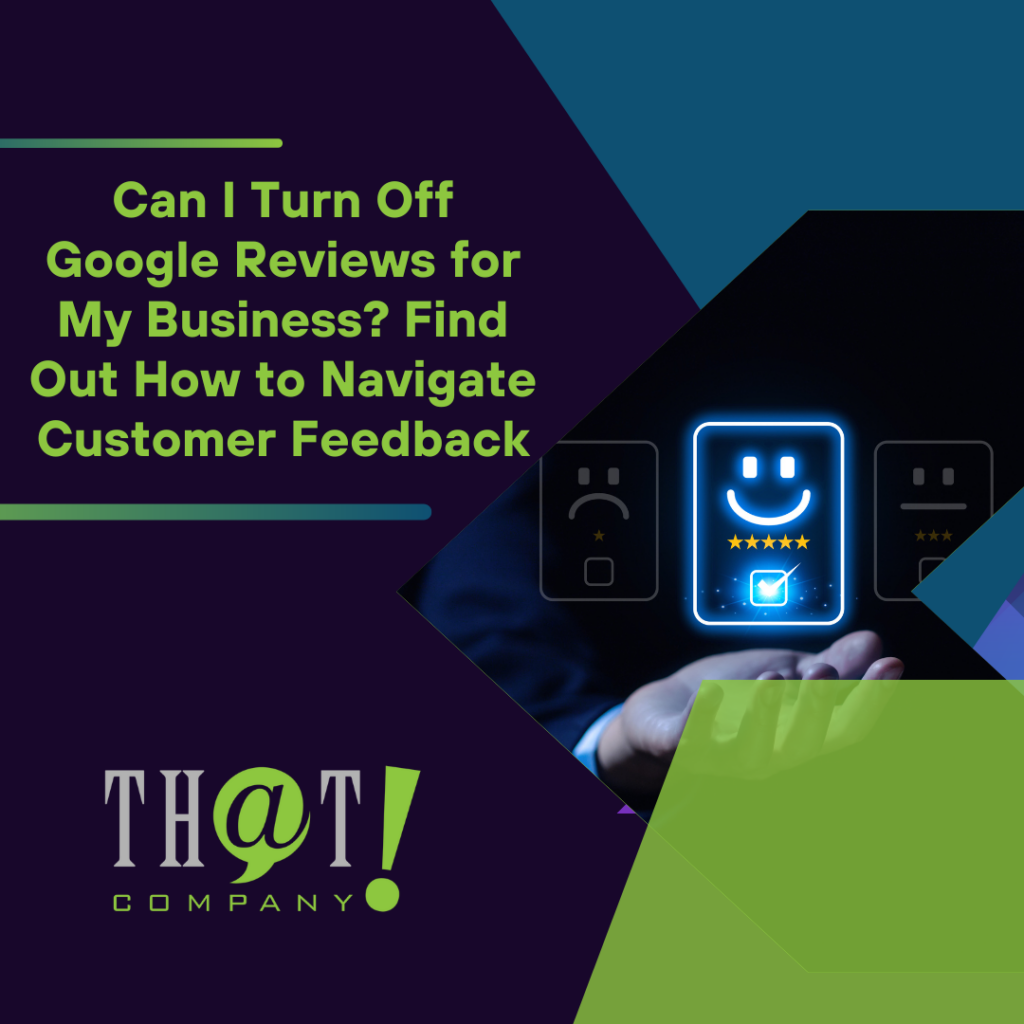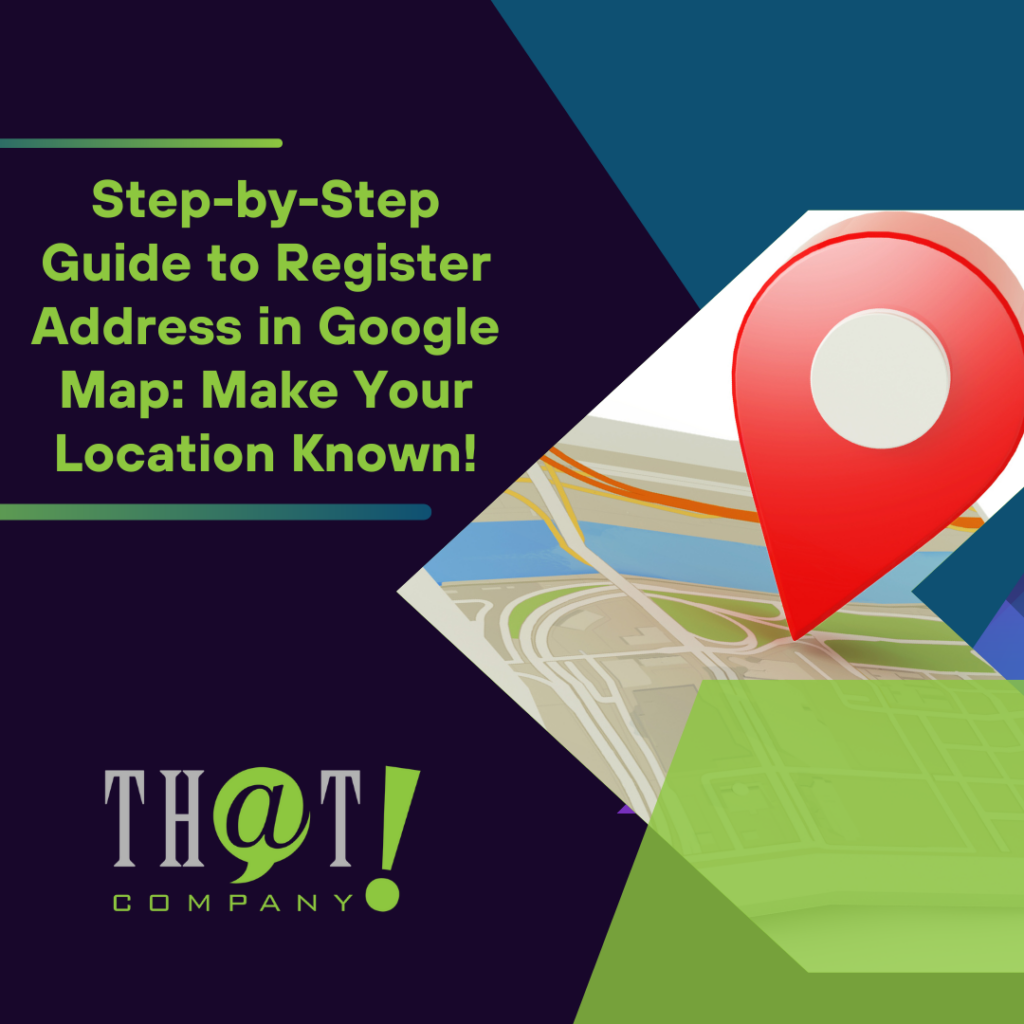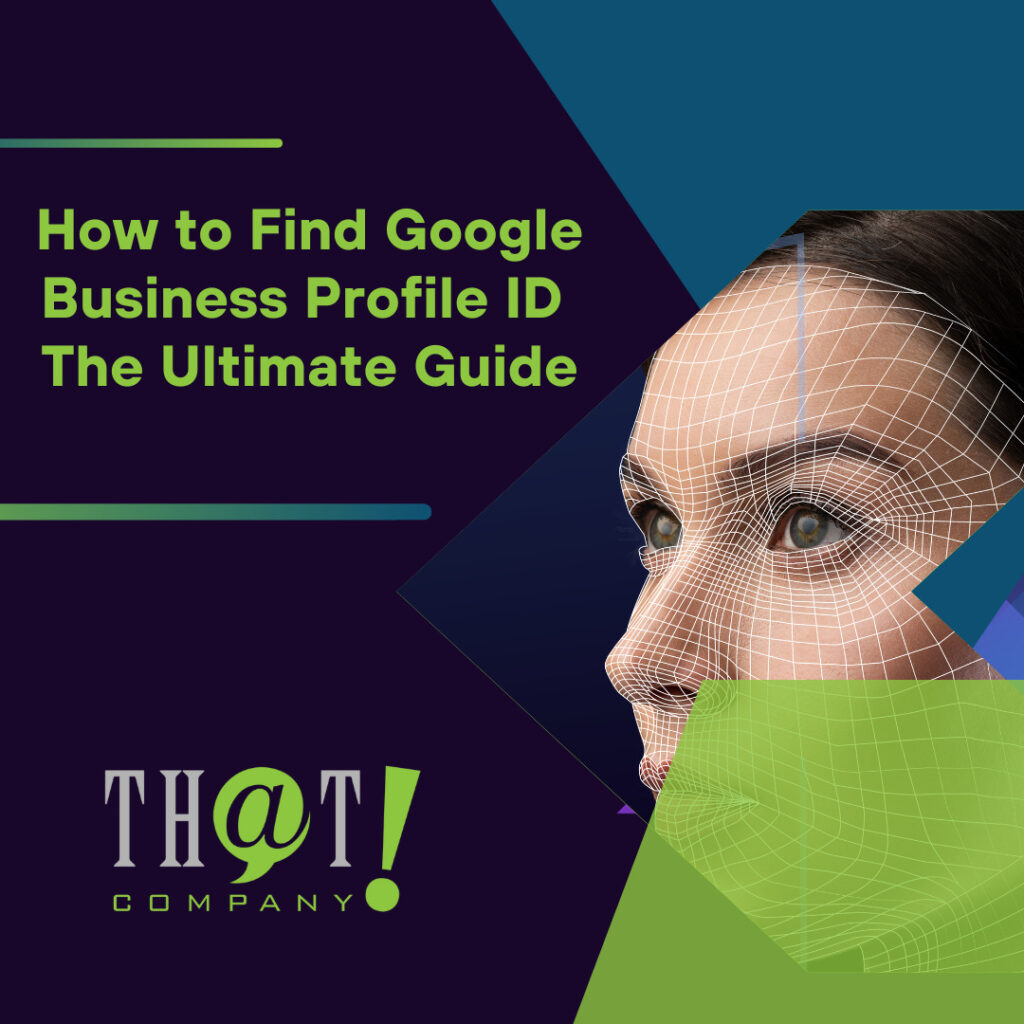
When people hear the phrase “search engine,” more often than not, people will associate the word with Google. It’s not surprising. They are at the top, with over 270 million unique visitors in 2020 in the U.S. alone. With this level of popularity, people can often easily dismiss other search engines such as Bing.
While it may not contain as many visitors as Google, Microsoft’s search engine has more to offer than some may realize. In this article, we will discuss the differences between Bing SEO from Google’s so you can optimize your website for Bing users. That! Company not only offers white label PPC and white label social media but also SEO services that have a Google optimization prioritization policy and apply secondary items that Bing may prefer but don’t interfere with Google rankings.
Why Bing?
If Google has so many visitors, then why consider Bing? Well, according to a March 2019 statistic, Bing had 126 billion unique U.S. users. That is by no stretch a small number of people. But how does Bing have this much traffic? Part of Bing’s traffic numbers is because Bing partners with several other search engines, including Yahoo! and DuckDuckGo. Bing is also the search engine incorporated into voice assistants such as Alexa (Amazon) and Cortana (Microsoft) and most other Microsoft products such as Xbox and Microsoft Office.
Already it looks like Bing has much more reach than most might think. As online visibility is fundamental to a website’s success, Bing is clearly an asset for site owners to consider.
If you already have your foot in Google SEO, you aren’t too far away from achieving Bing SEO. This is because the two search engines share many of the same ranking signals. (This is a system that determines how high or low a position your webpage will land in a search engine’s results pages).
There are, however, key differences between Bing SEO and Google SEO. Below are the main ones to consider.
1. Keywords
 Keywords are an integral part of SEO and good search marketing across the board. Therefore, website owners need to understand how each search engine treats keywords.
Keywords are an integral part of SEO and good search marketing across the board. Therefore, website owners need to understand how each search engine treats keywords.
Google uses what is called semantic SEO or semantic search. This process has helped enhance the accuracy of searches. It does this in two ways. First, it attempts to understand the intent behind a search query. Providing a result to a search isn’t just about answering a question; it’s about figuring out the searcher’s true intent. Semantic search also tries to answer any potential subsequent questions. Second, it interprets context clues from various web pages.
RankBrain, a type of artificial intelligence, is a critical component in Google’s ranking algorithm. Using semantic search means that, to Google, exact match keywords are not as important a factor as creating a web page that has complete and relevant information for any potential visitor.
Bing
Alternatively, Bing doesn’t do as well contextualizing keywords as Google does. They use meta keywords, tags, and descriptions. These are types of metadata you can find in the HTML code, which lets search engines know the subject of the content on your website.
It says so in their Webmaster Guidelines to use exact match keywords. This indicates you may have a higher ranking on the Bing search engine if you make sure to use exact keywords that match terms in search results.
Additionally, Bing Webmaster Tools can show you trends and related/suggested keywords and ranking URLs.
2. Backlinks/Inbound Links
Backlinks are links from other people’s web pages that link back to your own. Also called inbound links, these are important and valued by search engines like Google and Bing. These show that people find the content on your website valuable and trustworthy enough to reference and “link back to” from their websites. This means they are directing the traffic from their web page to yours. Backlink quality and quantity can factor into how high you rank on these search engines.
In Google’s case, they use PageRank (which, although we can no longer be measured, is still relevant in 2022) to determine how trustworthy a web page is. The higher your web page’s PageRank, the more Google sees that page as a quality piece of content. So, if a couple of higher-ranked web pages link back to your content, that means a lot more than having many lower PageRank links. With Google, your web page benefits more if websites with more authority link back to your content.
Bing
While also emphasizing the quality of a backlink, Bing defines quality a bit differently than Google. To Bing, it’s important how long your domain has been around and how well-known your domain is. If an older domain that is well-established links back to your web page, that will likely boost your ranking on it.
Additionally, backlinks with domain extensions such as .gov, .edu, and .org are considered more trustworthy. Getting a backlink from such websites can also help your rankings.
Some also say Bing likes quantity over quality. Pages that do not have a sufficient amount of links get removed from Bing’s index. Bing also says that buying links on a website that gets a lot of traffic is a “valid marketing tactic” and thus, doesn’t penalize this. However, Bing warns against abusing and manipulating inbound links. Any attempt to artificially make it seem as though more links are directed at your website than there are will get you removed from their index.
[bctt tweet=”If you already have your foot in Google SEO, you aren’t too far away from achieving Bing SEO. This is because the two search engines share many of the same ranking signals.” username=”ThatCompanycom”]3. Social Signals
 Social signals include how many likes, shares, and views a web page has on social media. Some search engines can see this as an indication of trustworthy, useful, and relevant content. When people see the likes, shares, and views, it could also affect whether they visit the website and share its contents.
Social signals include how many likes, shares, and views a web page has on social media. Some search engines can see this as an indication of trustworthy, useful, and relevant content. When people see the likes, shares, and views, it could also affect whether they visit the website and share its contents.
Google claims that social signals do not directly boost your ranking on their search engine. However, having that social media presence could still indirectly increase how high you rank organically in searches.
Bing
Bing has been a lot more open to the importance of social signals. They note that social media has a role in how well certain things rank in search results. They emphasize the influence a brand has; for example, a very influential website tends to get followers. Those followers will tend to share your information. Bing sees these as positive signals that ultimately influence your organic ranking. To Bing, an excellent social media presence is key to a good ranking on their engine.
Forming a good social media team and strategy can take quite a bit of effort. However, we live in a very social media-dominated world. Since organic rankings are much better than paid rankings, building a positive social media presence can only help your website. Especially on Bing, it would be worth keeping social signals in mind when optimizing your SEO.
4. Multimedia Content
Many websites are adding more multimedia content to their pages. Consumers find visual, and video content is more appealing than plain text. In addition, to being more appealing aesthetically and more effective in information transfer to consumers, Multimedia can also help boost rankings.
Google’s emphasis is more on text-based content rather than multimedia. They care about good-quality videos and photos, but they aren’t factors as heavily weighed as they are on Bing.
Bing
When it comes to Bing, the presence of photos, videos, and other multimedia content on your website is more of an influential factor than on Google. This means site owners who use multimedia content are more rewarded on Bing’s search engine than Google.
You can take advantage of this with Bing’s visual search feature. It works by first capturing a photo or uploading one from your camera roll. Bing can then recognize what object is in the picture. Bing then provides you with information via links that you can explore.
Bing’s Webmaster Guidelines can provide more information on how you can diversify content that crawls well.
Bonus Google and Bing Crawl Differences
 Google is usually reliable in indexing and crawling every page on your website. Bing doesn’t crawl pages as frequently and tends to focus mainly on key pages.
Google is usually reliable in indexing and crawling every page on your website. Bing doesn’t crawl pages as frequently and tends to focus mainly on key pages.
Bing Webmaster Tools assists with the crawling process. You can increase your crawl rate via “Crawl Control.” Bing Webmaster Tools also allows you to submit your sitemap via “Submit a Sitemap” or by adding a path to it in your robots.txt. Its API also gives users the option to submit URLs for bulk crawling.
Final Thoughts
Understanding the differences in how search engines like Google and Bing rank your website can give you insight on how to better market and present your content on those search engines. Knowing how to optimize for each respectively can improve your online reach and potentially increase traffic to your website.
Here’s to your success in ranking on both Google and Bing!
Written by, Mike Knorr



























 Talk With Us
Talk With Us  Give Some Love
Give Some Love 


